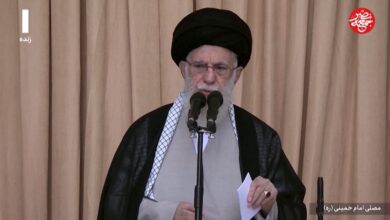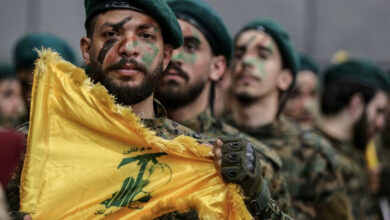
An international group that monitors money laundering worldwide decided on Friday to keep Iran on its blacklist of high-risk countries but welcomed Iranian promises to improve and called for a one-year suspension of some restrictions on Tehran.
At a meeting of its 37 members in South Korea, the Financial Action Task Force also moved to keep North Korea on its blacklist and urged countries to be on guard against Pyongyang's attempts to bypass sanctions to finance illicit weapons programs.
"The FATF welcomes Iran's adoption of, and high-level political commitment to, an Action Plan to address its strategic [anti-money laundering and anti-terror financing] deficiencies," the task force said in a statement.
"The FATF therefore has suspended counter-measures for 12 months in order to monitor Iran's progress in implementing the Action Plan."
The statement said that if Iran fails to improve its record on money laundering and financing terrorism as promised, the FATF's call for vigorous counter-measures will be reinstated. If there is improvement, the task force will consider further positive steps.
The decision confirmed a Reuters story from earlier this week.
Iran has lobbied to get off the blacklist and is likely to treat the FATF announcement as a major victory. Tehran has complained it is not getting economic benefits promised it during last year's negotiations on a nuclear deal with six major powers.
As a result of that agreement, many international sanctions against Iran were lifted. The United States, however, still has sanctions in place that prohibit trade with Iran in dollars and Iranian access to New York's financial system. Banks remain wary of getting into trouble with U.S. authorities.
Sanctions experts, banking sources and Western officials say little will change regarding financial institutions' "hands off" approach to Iran, above all due to concerns about the Islamic Revolutionary Guard Corps' (IRGC) omnipresence in the Iranian economy. The IRGC is still under international sanctions.
"Practically speaking the FATF decision changes little since global financial institutions will continue to voluntarily implement strict counter-measures given their serious concerns over Iran's illicit financial conduct," said sanctions expert Mark Dubowitz of the Foundation for Defense of Democracies.
Despite the encouragement for Tehran, the FATF reiterated concerns about "the terrorist financing risk emanating from Iran and the threat this poses to the international financial system."
The FATF reiterated its appeal to countries around the world to "continue to advise their financial institutions to apply enhanced due diligence to (Iranian) business relationships and transactions."




